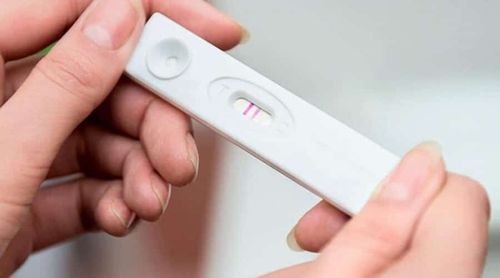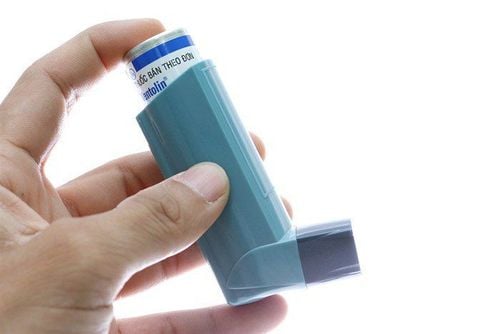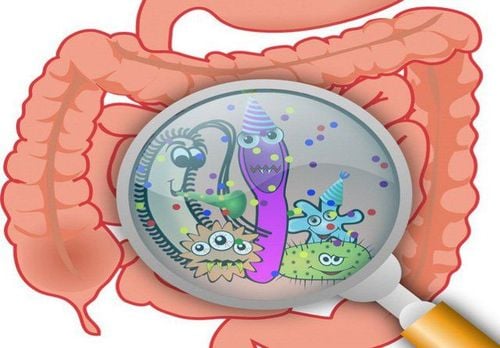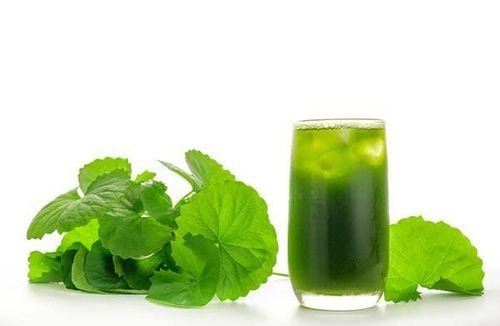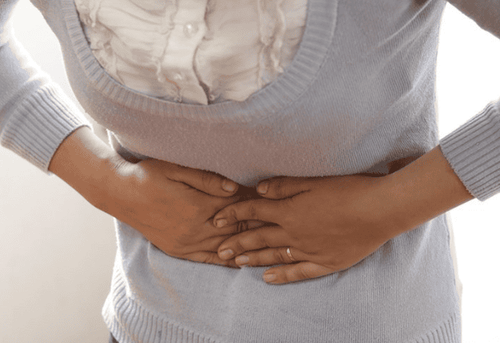This is an automatically translated article.
The article was professionally consulted by Doctor Department of Medical Examination & Internal Medicine - Vinmec Hai Phong International General Hospital
Irritable bowel syndrome is also known as irritable bowel syndrome. Although the disease is not life-threatening, it can greatly affect the patient's daily activities.
1. Irritable Bowel Syndrome Overview
Irritable bowel syndrome (also known as irritable bowel syndrome, spastic colon disease, functional colon disease, ...) includes a group of chronic, or recurrent, functional disorders of the gastrointestinal tract. This is a fairly common disease in the world with a prevalence of 15-20%, mainly in the 40-60 age group and more common in women than men. The cause of the disease is still not clear. Doctors say some factors that increase the risk of irritable bowel syndrome are stress, unhealthy eating habits, intestinal infections,...
Common symptoms in patients with irritable bowel syndrome are abdominal pain at least 1 day per week for 3 months, change in bowel movements, change in stool shape, dysuria, urgency, menstrual irregularity, muscle pain, back pain, headache, insomnia, taste disorder, depression, bronchial asthma, dizziness, chest pain,...
2. How is irritable bowel syndrome treated?
Many studies show that patients with irritable bowel syndrome are more likely to have increased bowel movements compared to the general population. Symptoms often recur and persist for many years. Treatment is mainly focused on relieving symptoms and improving the patient's quality of life. Specifically:
2.1 Psychotherapy To effectively treat irritable bowel syndrome, doctors need to build trust with the patient. The important notes are:
Listen, reassure the patient, solve the patient's worries and troubles. Clearly explain the pathogenesis, natural history of irritable bowel syndrome: this is not a disease with physical damage to the intestines, it is a benign but chronic disease, with intense episodes but have a symptom-free episode. Explain to the patient that treatment is focused on managing uncomfortable symptoms and that treatment may not completely eliminate symptoms, but will help reduce pain and improve the patient's quality of life. .

2.2 Adjust diet and activities When suffering from spasmodic colon disease, the patient should pay attention to the following diet:
Limit food intolerances, indigestion, diarrhea and abdominal pain such as: potatoes, cassava, cakes with a lot of butter, sugary and carbonated drinks, fruits with a lot of sugar, stimulants, food that has been stored for a long time, is not well preserved,... If constipated, the patient needs to drink a lot. water, eat a lot of fiber, fresh vegetables, avoid dry food, fish sauce, spicy foods, ... because it is easy to cause constipation. Limit sitting a lot, avoid nervous tension, increase physical activity such as exercise, morning walk,... Practice defecation once a day in the morning after waking up.
2.3 Irritable Bowel Syndrome What medicine to take? If you have adjusted your diet and lifestyle, but your symptoms of irritable bowel syndrome have not been improved, then you need to be treated with medication. Depending on the outstanding symptoms of the patient, the doctor will prescribe the appropriate drug: antispasmodic drugs, antidiarrheal drugs, anti-constipation drugs, anti-flatulence drugs or sedatives.
Antidiarrheal drugs:
Antidiarrheal drugs: Imodium, Diarsed, Questran. Drugs that protect the intestinal mucosa: Actapulgite, Smecta, Bismuth. Rifaximin antibiotic. Alternative bacteria: Antibio, Lacteol, Enterogermina. Medicines to treat constipation
Constipation drugs to create mass: drugs containing fiber, fiber from seeds and fruits; mucus like jelly, wheat bran like Igol, Equate, Normacol,... These drugs are suitable for people who rarely eat vegetables and fruits but not suitable for people who drink little water. Drugs for osmotic constipation: have the effect of pulling water into the intestinal lumen, retaining water, softening stools: Forlax, Lactulose, Sorbitol, Magnesium Sulfate,... Drugs that stimulate the excretory function of the intestines: aloe, Bisacodyl, buffalo cassava, picosulfate,... Lubiprostone, Linaclotide, Eluxadolin drugs.
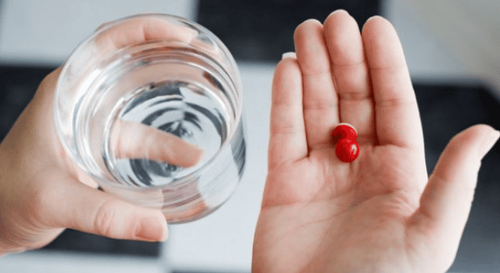
Note: should not be abused and used for prolonged constipation.
Antispasmodic drugs to treat abdominal pain and bloating
Anticholinergic drugs: Atropin, Buscopan. Antispasmodic drugs towards smooth muscle: Meteospasmyl, Sapmaverin, Duspatalin,... New promising group of drugs: acting on 5-HT receptors
5-HT antagonists have antidiarrheal effects: Alosetron, Cilansetron. 5-HT agonists have the effect of treating constipation: Prucalopride, Tegaserod,... Group of antidepressants
When a patient has pain or depression, the doctor may prescribe the use of tricyclic antidepressants or tricyclic antidepressants. Serotonin reuptake selective inhibitor. These drugs help reduce depression, inhibit the activity of nerve cells that control the intestines. If after treatment, symptoms of diarrhea, abdominal pain do not improve, weight loss, bloody stools, fresh blood, Difficulty swallowing, unexplained vomiting, etc., patients should immediately go to a reputable hospital to be examined, accurately diagnosed and choose a positive and effective treatment plan.
Please dial HOTLINE for more information or register for an appointment HERE. Download MyVinmec app to make appointments faster and to manage your bookings easily.




